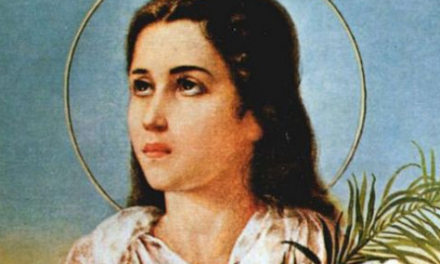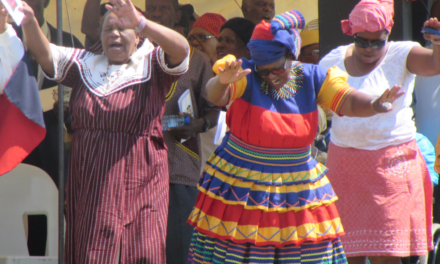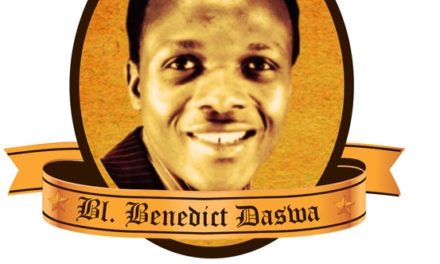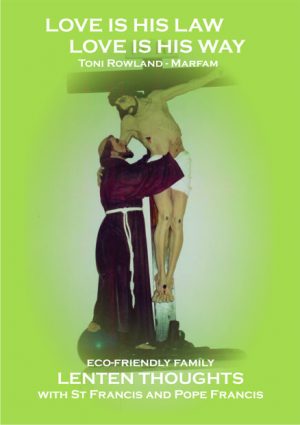December 7. The legend of St Nicholas. Culture is the way of life and beliefs of a people. It is dynamic; it develops and changes over time. Legends are popular stories about glorious deeds of famous people. They are intended to impress listeners and present the good and positive qualities of these men and women. Legends would normally be based on some historical event but details are not necessarily verifiable. Many Christian feasts, even Christmas and Easter, have some of their roots in ancient pre-Christian beliefs that were part of the culture of local people and were Christianised by the Church. This is considered quite acceptable although some Christians do not approve of this.
The tradition around St Nicholas whose feast day is celebrated on 6 December is based on culture and legends of the time and the place. There are links with the cold and darkness of midwinter and with ancient Viking gods. He is honoured in the Church as a historical figure, a bishop of Myra in 4th century. According to Christian legends he was a good and generous man who gave gifts to children. Over time there were additions to this. Children who had behaved well were rewarded and those who had been naughty would be punished, or not given gifts. Gifts and rejoicing became central and his feast is celebrated with much fanfare in parts of northern Europe, as Sinterklaas in the Netherlands, and some other traditional variations, including the assistance of Black Peter, his Moorish servant. The tradition was exported to America where he became the much more secular and materialist Santa Claus.
Some of the legends in The Little Flowers of St Francis of Assisi may well also be built around his character and his actions of compassion towards all of creation. If they are embroidered somewhat, legends are wonderful ways to present powerful and good messages about our heroes and heroines.
The harvest is plentiful but the labourers are few. Luke 10:2. Gospel of day St Nicholas.
Pope Francis: In Cultural ecology there is a need to incorporate the history, culture and architecture of each place, thus preserving its original identity. Ecology protects the cultural treasures of humanity in the broadest sense. Culture is more than what we have inherited from the past, it is also and above all a living dynamic and participatory present reality. LS143.
For reflection and sharing. Consider the value of traditions for family celebrations.






Recent Comments